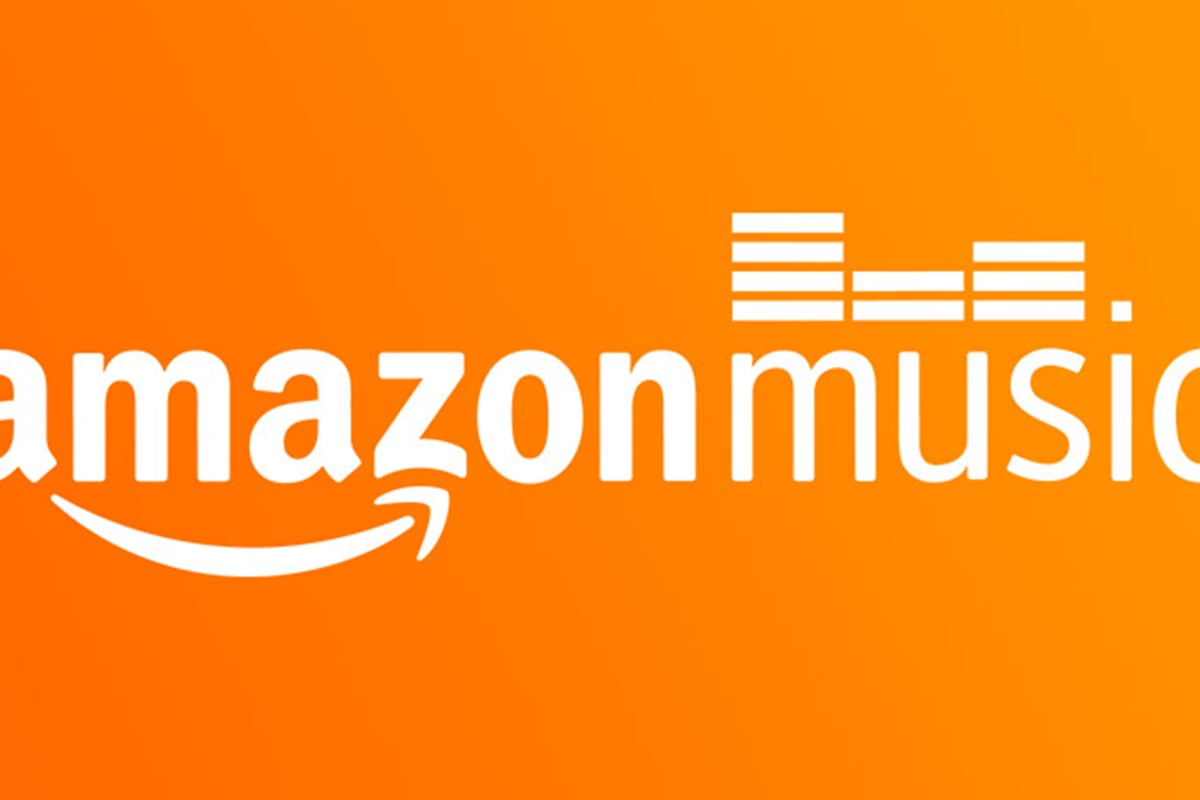Christie Eliezer: Amazon Music could thrive in Australia due to listeners who think “the whole idea of downloading apps is simply too hard”

Amazon Music’s entry into the Australian market could well be a game-changer.
While the retail giant hasn’t made an official announcement about a local bid for music streaming revenue, job ads appeared on Amazon’s website back in June for an Australian Head of Digital Music, a marketing manager and programming curators for the service.
So what will the imminentarrival on local shores mean for the music scene here?
Amazon’s approach is that it needs to do things differently, given that by last December, Spotify and Apple Music jointly commanded a 64% share of the 112 million global music streaming subscribers.
Hence it makes sense for Amazon to tap into two important markets – the consumers who use streaming services but are not part of the 54% who pay for it, and the consumers who don’t use streaming services at all.
This is important because someone, somewhere is going to bring the figure of 112 million music subscribers to a total of 1 billion by 2021.
So, figures Amazon, why not be us?
In an interview with The Verge,Vice President of Amazon Music Steve Boomremarked, “[Streaming is] becoming a mainstream activity, but I don’t know if paying for it is quite mainstream yet.
“There’s a whole class of customers that really aren’t paying for it. I really believe that premium music streaming will touch a lot more people than [digital] music purchasing ever did.
“Yes, a lot of people might have bought one or two tracks, and I’m kind of excluding those, but if you think about people who really bought music, I think you’ll have way more people paying for a premium subscription because just the value is there.”
There is a huge audience that hasn’t adopted streaming because the whole idea of downloading apps and dealing with all the other accompanying technology is simply too hard.
This is where Amazon’s Echo comes in, replacing interfaces with voice commands.
For these music fans, it makes all the difference when the Alexa device can respond to any command, whether it’s “play the new Foo Fighters single” to “choose a ballad from the 1960s”.
From a subscription model point of view, Amazon has even been canny enough to introduce a $4-a-month Echo-only tier, allowing users to purchase just one speaker rather than syncing the streaming service across multiple devices.
Boom told The Verge, “Making it simple, whether it’s from the subscription process… or ways that you can ask for music and get to music quickly, it’s game-changing.
“It’s opened up premium streaming to new categories of customers that aren’t ready to deal with some of the complexities of downloading apps or using their web browsers.”
So far Echo has only been available in the US, UK and Germany, and sold 5.2 million units. The company’s target is 10 million sales this year and 40 million by 2020.
According to Midia Research, “In these markets 35% of Amazon Prime subscribers are Amazon Prime Music or Amazon Prime Music Unlimited users.”
Another hole in the market is the 74% of music subscribers whom Mintel research found would prefer to also have video content included in their music streaming subscriptions.
Break down the figures, and 22% want live music video, 15% want music-related video produced by the service, 10% want reality TV programming and 8% non-music-related content produced by the service.
Amazon has been bullish about the growth of its music streaming and predicts it will be the fastest growing of all the services.
But it has been secretive about specific figures.
However Midia’s research finds that Amazon Music is now the third largest music streaming service in the world with 16 million at the end of June 2017, and a 12% of the global market.
In comparison, Midia calculates Spotify to have a 40% market share with 53 million subscribers (this figure has since been set at 60 million this week by the Swedish company) and Apple with 19% with 28.2 million.
QQ Music and Deezer were in fourth and fifth place respectively.






























